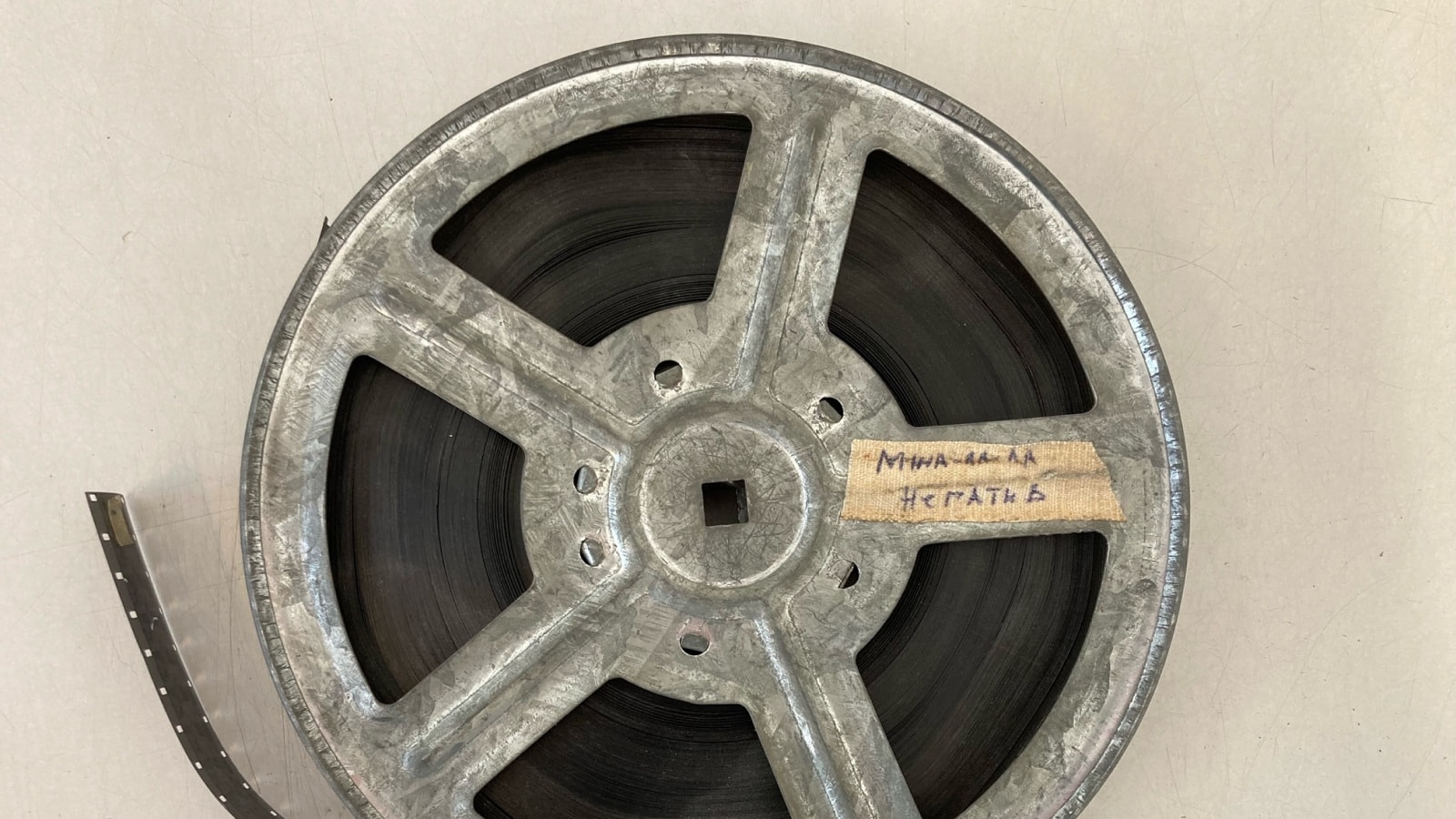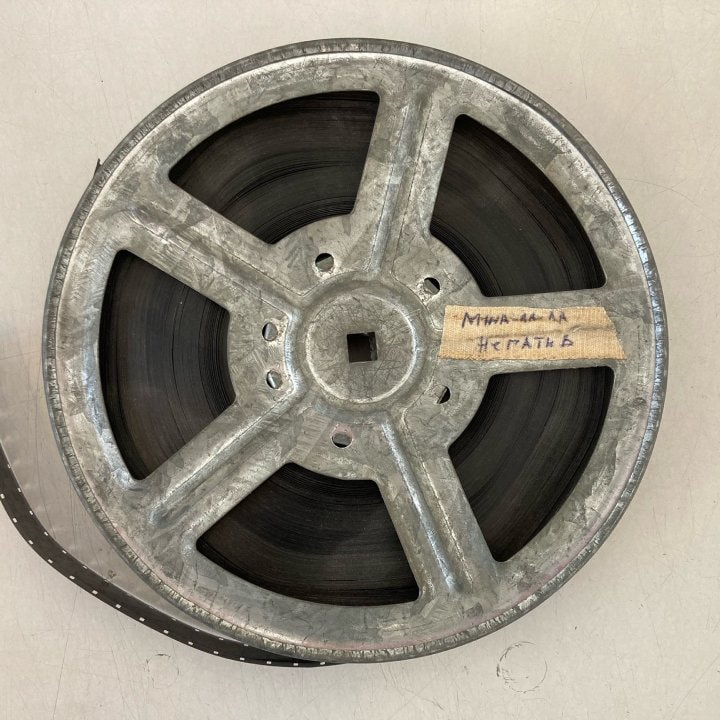Yevgeny Yufit is the founder of the radical art movement Necrorealism, which emerged in the Soviet Union in the mid-1980s.
Its representatives explored the boundaries between life and death, sanity and madness, Soviet normality and dissident living, as well as the potential of black humor and «artistic idiocy» (a term coined by Necrorealist artists) within and beyond Soviet reality. In 1984, Yufit founded Mzhalala Film, an independent film studio in Leningrad that brought together artists, directors, and performers. In the 1990s, film critic Sergei Dobrotvorsky wrote that «early Necrorealist works affirmed the life of the body abandoned by the soul and promoted pure idiocy, untainted by instinct or subconsciousness. Their short films are reminiscent of Mack Sennett’s comedies of the 1910s and the shocking aesthetics of the French avant-garde, as well as the unbridled eccentricity of Soviet cinema in the 1920s.»
Writing about the studio’s early films in the journal Iskusstvo kino in 2020, film critic Eduard Golubev stated: «Necrorealism began with what is commonly referred to as ‘garage cinema, ’ an entirely independent genre with no established laws or norms of logic. In ‘garage cinema’ everything is done spontaneously and fast, there is no room for studied camerawork or direction. The first Necrorealist works on film were short films that looked like demonic silent movies.»
Since Yevgeny Yufit’s death in 2016, researcher and filmmaker Masha Godovannaya and her son Timofey Yufit have been the owners and archivists of his legacy. Based on the materials in their collection, Masha Godovannaya has prepared a unique program focused on the family origins of Yevgeny Yufit’s work and his personal and artistic relationship with late Soviet reality. She will show Super 8 home movies made by Yevgeny Yufit’s grandfather Alexey Tsukanov, featuring family trips and episodes from their domestic life in the USSR in the 1960s and 1970s. The program also includes Yufit’s early cinematic studies and his experiments of the late 1970s, which led to the creation of his first short films Werewolf Orderlies (1984), Woodcutter (1985), and Spring (1987). The talk will finish with a screening of short films and «behind-the-scenes» footage of rehearsals, preparation for filming, and backstage events.
All archival materials that will be shown during the talk have been digitized by the Austrian Film Museum.


